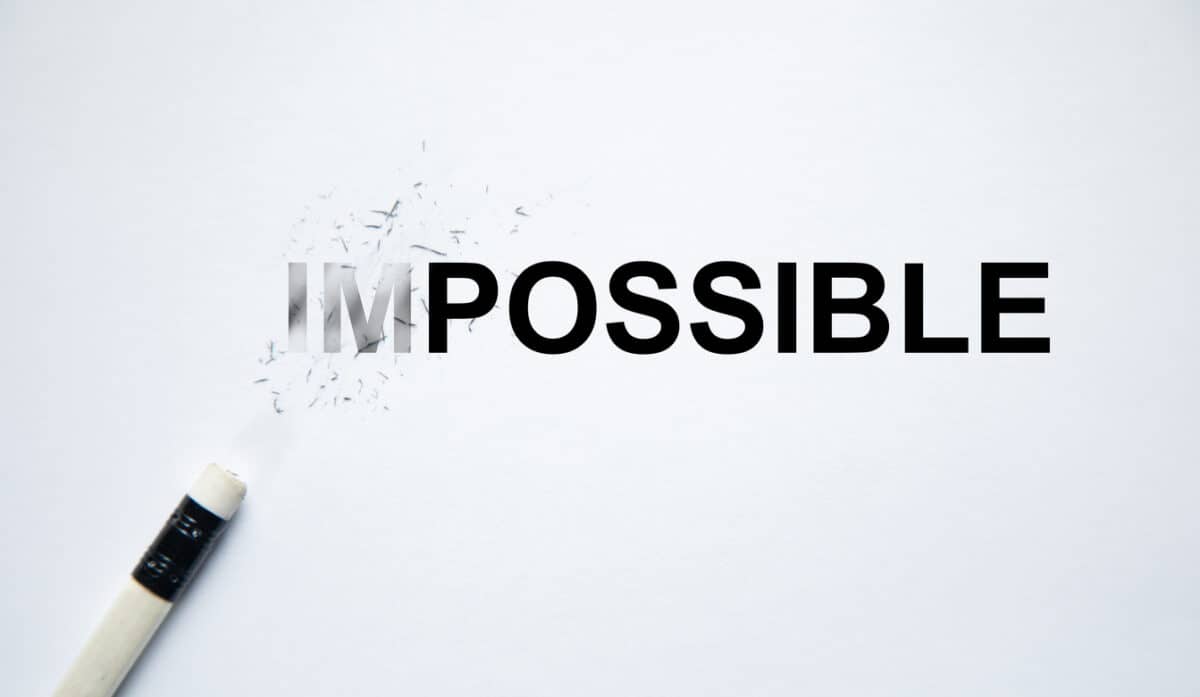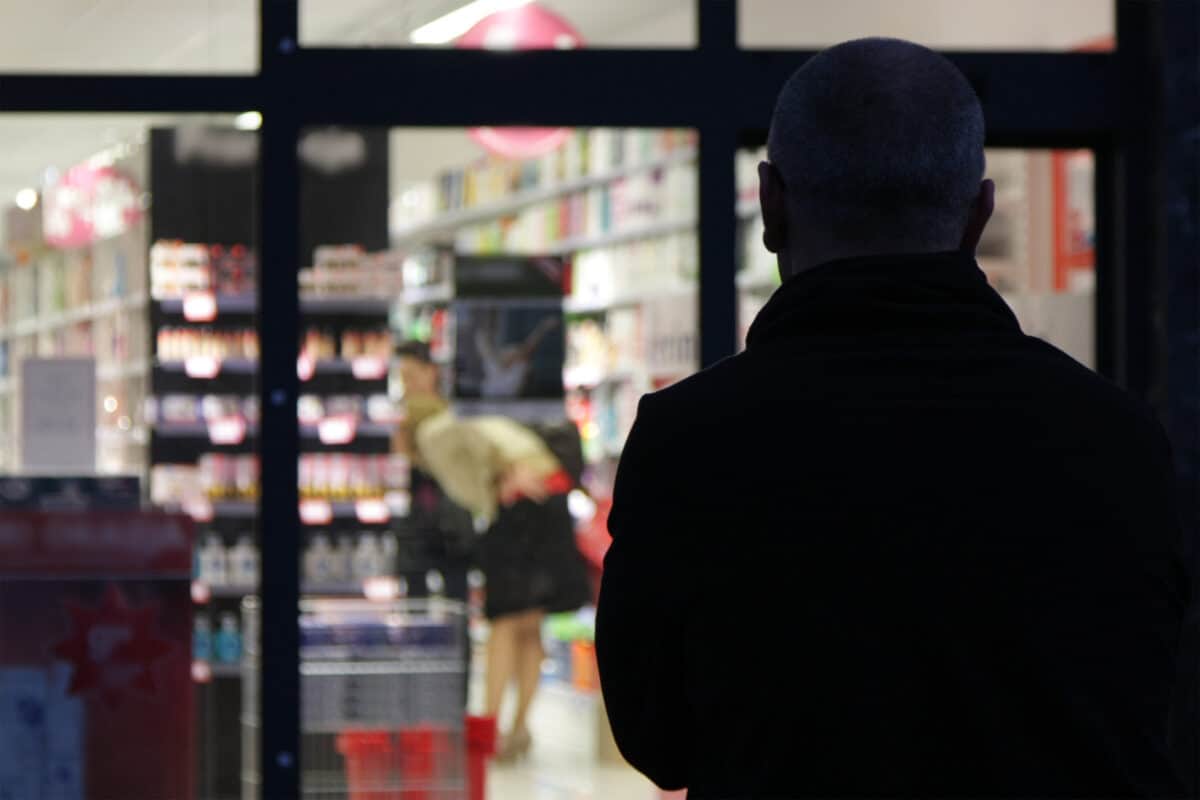Over the last few months, various seminars from law firms and others have focussed on how to comply with new and impending occupational health and safety regulations related to psychosocial hazards at work. Over the last fortnight, I attended two such seminars; they were as different as chalk and cheese, even though both had strong voices from lawyers, illustrating the sources of some of the confusion over the issue felt by some employers.
Category: workers compensation
When an increase of 0.5 percentage points is described as an outrageous 43% increase
This week the Victorian Government flagged changes to the workers’ compensation premiums and eligibility. This has generated outrage from business lobby groups and the trade unions, and as he is being criticised by both political extremes, Premier Dan Andrews believes his decision, i.e. being hated by everyone, is a winner.
The Age newspaper was one of the first to report (paywalled) on the announcement of these changes on May 19, 2023. Significantly it included a quote from Dr Mary Wyatt on the economic and social importance of injury prevention. Hers has been one of the few mentions of the role of good occupational health and safety (OHS) management.
Tip-Off Line Remember, if you have some OHS information that you want SafetyAtWorkBlog to investigate or that would be of interest to SafetyAtWorkBlog readers, please contact us on the anonymous-if-you-want tip-off line
Violence against retail workers persists
The Australian Financial Review published an article on April 14 2023 (paywalled) about workplace health and safety risks faced by retail workers. The entry point was the stabbing death of twenty-year-old bottle shop worker Declan Laverty in Darwin. That a business newspaper includes an extensive article on workplace safety is a positive, but it tries to be too inclusive and overlooks hazard control measures.
Violence against teachers
Unless you are a teacher, it is difficult to comprehend the extent of stress and pressure teachers can face at school. A recent court case in Queensland involving an appeal against a decision by the Regulator not to accept a workers’ compensation claim provides some insight into the teacher’s lot.
The case, Roberts v Workers’ Compensation Regulator [2023] QIRC 76 (6 March 2023), was won by Ms Karen Roberts as the Commissioner decided that Roberts’ experiences at work, over time, were the major contributor to her post-traumatic stress disorder. There are statements in this decision that the school’s management practices did not worsen her experiences, and there are arguments over the degree of influence of other factors, but there is no occupational health and safety (OHS) perspective here. Even though it is not an OHS prosecution, there is an important OHS context.
Getting the (political) balance right
One can never accuse politicians of deep or systems thinking on the issues and policies for which they are responsible. Victoria’s Minister for WorkSafe, Danny Pearson, spoke at a press conference on March 6, 2023, about the viability of the workers’ compensation systems, which he described as broken, during a substantial increase in claims for workplace mental injury. Premier Dan Andrews has spoken of this matter since and with a similar perspective – politics rather than occupational health and safety (OHS).
How this issue develops over the next month may determine who speaks for the government at the April 28 Workers Memorial event.
Plenty of sparkle but little spark
The latest awards night for WorkSafe Victoria achieved its scope – present awards for people and organisations who do occupational health and safety (OHS) well. Some categories are for extraordinary effort, achievements or innovation, and winning any award from WorkSafe is important to the winners, but some were flat.
Research shows good ROI for OHS
According to the abstract of a recent piece of research from Canada:
“Financial benefits combined estimates of the tangible financial benefits arising from averted disabling work-related injury and illness and intangible financial benefits associated with improved employee retention and morale, improved production quality and strengthened corporate reputation. Applying these plausible assumptions, the average return on OHS expenditures was 1.24 for 289 manufacturing employers, 2.14 for 56 transportation employers and 1.34 for 88 construction employers.”
One can froth up about the Return on Investment (ROI) figures, which are notable, but of interest was the mix of tangible and intangible factors in the equation.







